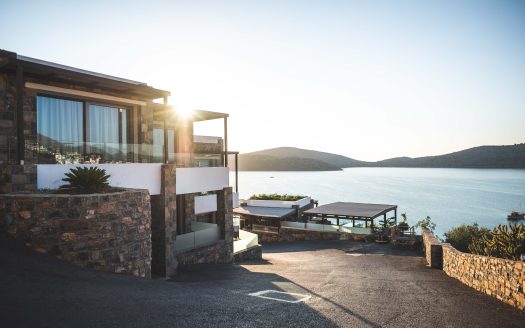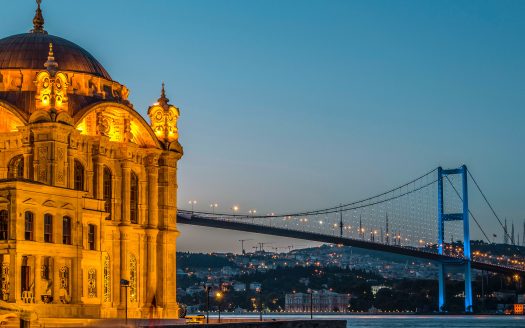Turkey Historical Significance: An overview.
Situated at the crossroads of Europe and Asia, Turkey has held a vital role throughout history. Functioning as both a connector and a divider between these two continents, Turkey has been a linchpin in trade routes that fostered not just economic prosperity, but also cultivated the diverse cultural amalgamation that thrives in the nation today.
Junction of Europe and Asia: Turkey’s borders are shared with eight neighboring nations. To the east, it shares borders with Armenia, Iran, and Azerbaijan, while Georgia is located in the northeast. In the northwest, Bulgaria and Greece are its neighbors, and it’s bordered by Iraq and Syria as well. Over the course of centuries, a tapestry of struggles, conquests, and shifts in power have molded the country into a pivotal crossroads linking the Middle East, Asia, and Europe.
Charting the Ottoman Empire:
Undergoing a transformation in the past century, Turkish culture has evolved significantly. Prior to 1923, the Ottoman Empire functioned as a diverse yet segregated multi-ethnic entity. However, distinct ethnic and religious groups retained their separate identities. The trajectory changed with the birth of the Turkish Republic, as the nation embraced an approach that merged its multifaceted cultures into a unified national identity.
Today, Turkey is a contemporary society characterized by a rich tapestry of intertwined cultures that encompass Muslims, Jews, Greeks, Armenians, and Syrians. A clear dichotomy exists between the rural and urban lifestyles, with rural inhabitants adhering to a more conservative way of life, while city dwellers embrace modernity.
Turkey’s population, numbering around 80 million, consists predominantly of Turkish ancestry, with progressive Muslims forming the majority. The nation also boasts a substantial population of Muslim Kurds, comprising approximately 18% of Turkey’s total population.
Demographically, Turkey’s populace skews young and dynamic, with a pronounced trend of young professionals migrating to urban centers. This migration has instigated transformations in Turkey’s urban landscape and propelled its economy forward.
Historical Trajectory:
Preceding its evolution into a republic, Turkey was governed by the Ottoman Empire. The Ottoman state, established in 1299 through the unification of multiple Turkish tribes, transformed into an empire following the conquest of Constantinople in 1453. For almost two centuries, from that juncture until 1683, the Ottoman Empire expanded, marked by a series of territorial acquisitions and tribal invasions. During its zenith, the empire exercised authority over a population exceeding 15 million.
However, the empire’s might began to wane during the 18th century due to a series of conflicts that strained its resources and territories. The aftermath of World War I marked the twilight of the Ottoman era. In 1923, the Republic of Turkey emerged, spearheaded by visionaries such as Mustafa Kemal Ataturk. An Ottoman and Turkish army officer, Ataturk led the Turkish National Movement during the Turkish War of Independence.
Following his triumph, Ataturk orchestrated the transformation of the Ottoman Empire into a European-style nation-state. His initiatives encompassed the establishment of new educational institutions, governmental reforms, and tax reductions. This marked the inception of Turkey’s trajectory towards becoming a modernized European nation.
Political Dynamics:
In July 2018, Turkey implemented a transformative change, discarding its 95-year-old parliamentary system in favor of a presidential system that centralized political power within the presidency. Recep Tayyip Erdogan, who began his second term as president during the same period, orchestrated significant overhauls to legal frameworks, regulations, and institutional structures.
Erdogan now holds the authority to directly appoint ministers, numerous judges, bureaucrats, and one or more vice presidents. These changes have replaced the elected vice president position. Additionally, Erdogan is entrusted with formulating the national budget.
Although it might seem that the president wields omnipotent power, Turkey’s Parliament still maintains substantial influence. It retains the prerogative to nullify presidential decrees, and the president cannot overturn parliamentary legislation through decree. Furthermore, certain areas specified in the constitution for parliamentary legislation, such as criminal penalties, declarations of war, and permission for foreign troop deployment on Turkish soil, remain beyond the president’s decree.
Geographical Diversity:
Turkey’s allure transcends its coastal charm. The country boasts a remarkable range of landscapes. Enveloped by three different seas, Turkey’s coastline extends for approximately 8000 kilometers. Geographically, Turkey is divided into seven distinctive regions: the Aegean, Central Anatolia, Eastern Anatolia, Southeastern Anatolia, Black Sea, Marmara, and the Mediterranean region. The largest expanse, Anatolia, serves as Turkey’s link to Asia. Anatolia predominantly comprises slender coastal plains and elevated plateaus. In the east, the terrain is predominantly mountainous, intricately connected to major river networks.
Key statistics pertaining to Turkey’s geography include a total area of 783,562 square kilometers, characterized by dry, scorching summers and mild winters. The highest point, Mount Ararat, stands at 5,166 meters, while the lowest point lies at the Mediterranean Sea’s level, which is 0 meters.
These regions exhibit diverse climates, a characteristic that sets Turkey apart. Coastal areas along the Mediterranean and Aegean Seas experience hot, arid summers and mild, wet winters. Conversely, the Black Sea coastal regions tend to be cooler and wetter during summers compared to other coastal locales in Turkey. Inland elevated regions witness winter snowfall, fostering a burgeoning ski industry. Remarkably, ski fields are even accessible from Turkey’s Mediterranean coastline.”





